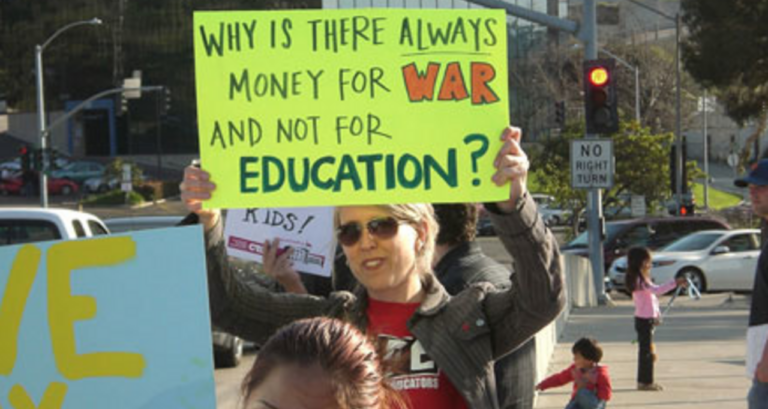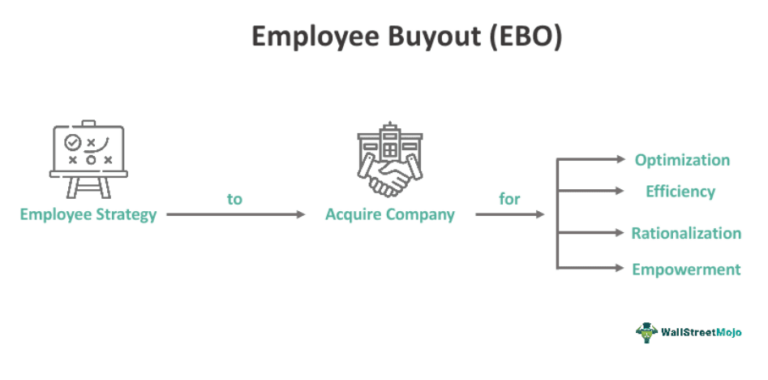
Audience
- Sentiment: neutral
- Political Group: Republican
- Age Group: 35-54
- Gender: Male
Overview
- Trump introduces a reciprocal tariff system aimed at promoting fairness in international trade.
- The policy is designed to combat trade deficits by equalizing tariffs imposed by foreign countries.
- Critics warn that the tariffs could lead to increased prices for consumers and potential trade wars.
U.S. Trade Relations: A New Era of “Reciprocal” Tariffs?
In the world of trade, things can get pretty complicated. Countries buy and sell goods to each other, and sometimes things don’t always seem fair. Recently, President Donald Trump announced a new trade policy that could change how the United States interacts with other countries when it comes to trading goods. This new plan is called a “reciprocal” tariff system, and it has sparked a lot of discussions about what it means for American consumers, businesses, and the global economy.
What Are Tariffs?
First, let’s unpack what tariffs actually are. A tariff is basically a tax that one country imposes on the goods coming from another country. Imagine you’re at a school fair selling lemonade. If someone wants to sell oranges at your fair, you might say, “Sure, but if you sell those oranges, you’ve got to give me a quarter for each one you sell.” That way, you’re making sure that your lemonade stand has a little boost compared to the orange seller.
Now, countries do something similar with tariffs. If another country has high tariffs on American products, that makes it more expensive for people there to buy those American goods. This can seriously hurt businesses in the U.S. who want to sell their products abroad. President Trump believes that the reciprocal tariff system will level the playing field by making sure that foreign countries can’t take advantage of American businesses.
The New Policy Unveiled
When Trump unveiled this policy, he made it clear that the goal was to promote fairness. If a foreign country imposes a high tax on American goods, then the U.S. will respond by imposing a similar tax on goods coming from that country. This is intended to push those countries to negotiate better trade agreements, encouraging them to lower their tariffs.
Trump chose April 1 as the deadline for his advisors to put together a report on how this reciprocal system would work with over 200 trading partners. That’s a lot of countries, and it’s a big job! The report would help determine how the U.S. could effectively impose these tariffs and which countries would be affected.
Why Does This Matter?
The United States has a significant trade deficit, meaning that it buys more from other countries than it sells to them. This deficit has been a point of contention for Trump and others who feel that the U.S. needs to do something to boost its own economy. By introducing reciprocal tariffs, the hope is that more American products will be purchased, thus reducing the trade deficit and promoting American jobs.
However, not everyone is on board with this plan. Some critics are worried that by imposing tariffs, the government is going to raise prices for consumers. Think about it: If oranges at the fair have a fee that gets passed on to the customers, they might think, “Do I really want to buy these oranges now?” The same applies to imported goods. If other countries raise their prices due to the tariffs, American consumers may end up paying more for everyday products like clothes, electronics, and even food.
The Mixed Reactions
The announcement of this new policy has led to mixed reactions from business groups and economists. Some businesses expressed relief that no immediate changes to tariffs were announced, allowing them to plan appropriately. They argue that instead of imposing new tariffs, it would be better to engage in negotiations to create fairer trading conditions without resorting to additional taxes. Businesses are concerned because they want to keep their customers happy, and raised prices could lead to falling sales.
On the flip side, Trump’s stance on tariffs signals that he is moving away from traditional low-tariff policies that have generally favored free trade. Advocates of free trade argue that it promotes competition and variety while keeping prices down. If countries start imposing higher tariffs against one another, this could create a chain reaction that leads to trade wars. Trade wars happen when countries continually retaliate against each other with tariffs, which can end up harming everyone.
Fairness vs. Consequences
At the heart of this new policy is a desire for fairness in international trade. Is it fair for other countries to impose high taxes on American goods while the U.S. has low tariffs on their products? Many Americans would say, “No way!” The President’s proposal aims to create a more equitable situation where no one country feels overburdened by trade rules.
However, there’s a catch! While President Trump emphasizes that domestic products will remain tariff-free, critics warn that this reciprocal approach could lead to unintended consequences. What if other countries respond with their own tariffs on American goods? In the worst-case scenario, this could lead to fewer choices and higher prices for consumers, potentially making life more expensive.
The Way Forward
As this dialogue unfolds, U.S. officials will have to carefully consider the broader implications of these tariffs. They’ll be asking themselves questions like: “Will higher tariffs genuinely enhance opportunities for American markets?” and “Will this escalate tensions with international trade partners?” The answers aren’t going to be straightforward.
It’s essential for policymakers to weigh the pros and cons. On the one hand, if tariffs help protect American jobs and improve domestic manufacturing, that could be seen as a win. On the other hand, if consumers end up paying much more for imported goods, that’s a significant drawback. Ultimately, the situation requires a balanced approach that considers both the economic well-being of Americans and the importance of healthy international relationships.
Conclusion: What Do You Think?
The reciprocal tariff policy is a critical step in shaping the future of U.S. trade relations. It’s an attempt to address long-standing issues with fairness in trade, but it also opens up a whole new set of challenges. With mixed responses from businesses and concerns for the general consumer, it is clear that this is a hot topic that demands careful consideration.
As we think about what this means for our future—whether we’re consumers or future business leaders—it’s important to engage in open discussions. How do you feel about the idea of reciprocal tariffs? Do you think the benefits will outweigh the potential downsides? Share your thoughts in the comments!





